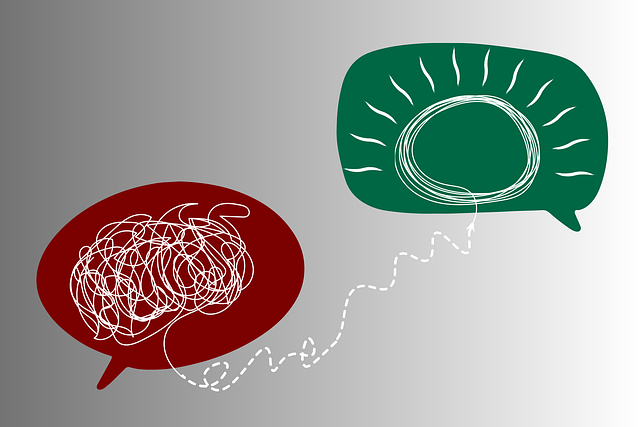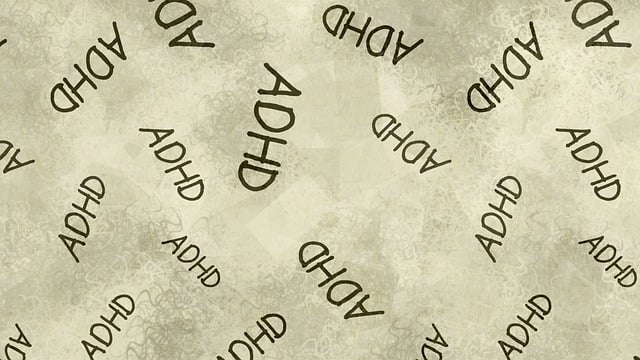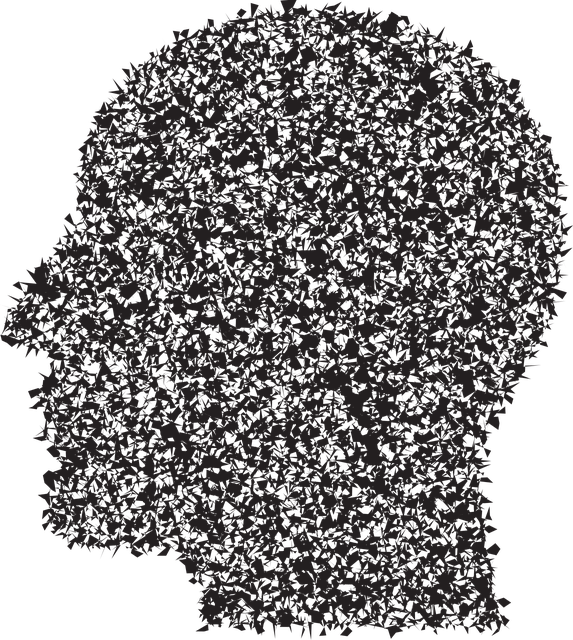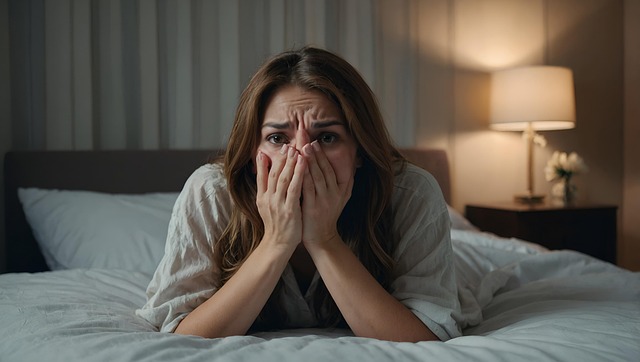Greenwood Village Men's Issues Therapy (GVMIT) creates safe spaces for men to address mental health challenges collectively, emphasizing open dialogue, emotional expression, and coping skills development. Facilitators enhance emotional intelligence, provide crisis intervention, guide structured discussions, and foster a sense of community through shared experiences, stress management strategies, and mindfulness practices. Active listening, empathy-building techniques, and inclusive activities like Mindfulness Meditation promote active participation, building trust and camaraderie within the group. Using assessment tools and targeted interventions, GVMIT ensures measurable progress in mental wellness, combining cognitive behavioral techniques, peer support, and skill-building activities for a holistic approach to healing.
Mental wellness group facilitation is a powerful tool for fostering recovery and community. This article explores proven techniques drawn from the innovative Greenwood Village Men’s Issues Therapy approach. We delve into creating safe spaces, building trust, and implementing effective communication strategies to engage every member actively. Additionally, we discuss assessment methods and interventions that promote positive outcomes, offering valuable insights for group leaders inspired by this unique therapeutic model.
- Understanding Mental Wellness Group Facilitation: A Greenfeld Village Men's Issues Therapy Approach
- Creating a Safe and Supportive Environment: Building Trust in the Group
- Effective Communication Strategies for Group Leaders
- Techniques to Encourage Active Participation: Engaging Every Member
- Measuring and Promoting Positive Outcomes: Assessment and Intervention Methods
Understanding Mental Wellness Group Facilitation: A Greenfeld Village Men's Issues Therapy Approach

Mental wellness group facilitation is a specialized skill that involves creating a supportive and safe environment for individuals to explore their mental health challenges collectively. The Greenwood Village Men’s Issues Therapy approach, pioneered in a therapeutic setting dedicated to men’s well-being, offers valuable insights into this process. This unique model focuses on fostering open dialogue, encouraging emotional expression, and promoting coping skills development among group members.
By adopting the Greenwood Village Men’s Issues Therapy strategy, facilitators aim to enhance participants’ emotional intelligence and provide crisis intervention guidance when needed. Through structured discussions, exercises, and activities, these groups enable individuals to share their experiences, gain different perspectives, and learn effective strategies for managing stress, anxiety, or other mental health concerns. The approach values each person’s journey towards healing, fostering a sense of community and mutual support that is essential in navigating complex emotional landscapes.
Creating a Safe and Supportive Environment: Building Trust in the Group

Creating a safe space is paramount when facilitating mental wellness groups, especially when addressing sensitive men’s issues in Greenwood Village Mens Issues Therapy settings. Building trust within the group dynamic is crucial for fostering open and honest communication. Facilitators should encourage active participation while ensuring every member feels heard, respected, and valued. This environment allows individuals to share their experiences without fear of judgment, fostering a sense of belonging and camaraderie.
Cultural sensitivity in mental healthcare practice plays a significant role in this process. Recognizing and respecting diverse backgrounds, beliefs, and perspectives creates an inclusive atmosphere. Incorporating techniques like mindfulness meditation can enhance group cohesion and stress management skills, as it teaches individuals to be present and attentive to their emotions. These practices collectively contribute to a supportive community where members can navigate challenges together, ultimately benefiting the overall wellness of the group.
Effective Communication Strategies for Group Leaders

Effective communication is a cornerstone for group leaders facilitating mental wellness sessions, especially in addressing men’s issues as explored through Greenwood Village mens issues therapy models. Group leaders play a pivotal role in creating a safe and supportive environment where every member feels heard and respected. One powerful tool is active listening, where the facilitator pays close attention to each individual’s thoughts and feelings, acknowledging their perspectives to foster open dialogue. This simple yet profound technique encourages participants to elaborate on their experiences and strengthens the therapeutic bond within the group.
Additionally, building empathy through strategic communication is essential. Leaders can employ Empathy Building Strategies to connect with clients on a deeper level. By reflecting back emotions and validating their struggles, facilitators create an atmosphere of understanding and trust. This approach not only enhances Mental Health Awareness but also encourages members to share their stories, fostering a sense of community as they realize they are not alone in their journeys towards healing.
Techniques to Encourage Active Participation: Engaging Every Member

Encouraging active participation from every member of a mental wellness group is key to fostering an inclusive and therapeutic environment, especially in Greenwood Village men’s issues therapy settings. Techniques such as round-robin discussions, where each individual has a chance to share their thoughts, can help engage quieter members and ensure everyone feels heard. This method also promotes equal participation, which is essential for building trust and camaraderie within the group.
Additionally, incorporating practical activities like Mindfulness Meditation sessions can actively involve participants in their healing process. Public Awareness Campaigns Development around mental health can further motivate group members to share their experiences openly. By employing these strategies, facilitators create a dynamic space that encourages active engagement, making therapy more effective and beneficial for all individuals seeking support, whether for depression prevention or personal growth.
Measuring and Promoting Positive Outcomes: Assessment and Intervention Methods

Measuring positive outcomes is a crucial aspect of effective mental wellness group facilitation. Facilitators often employ various assessment tools to gauge participants’ progress, which can range from self-reported questionnaires to structured interviews. These methods help identify areas of improvement and tailor interventions accordingly. For instance, at Greenwood Village Mens Issues Therapy, therapists may utilize standardized scales assessing symptoms of anxiety and depression to track changes over time.
Interventions are designed to promote positive outcomes such as stress reduction methods, mindfulness meditation, and self-esteem improvement. Group therapy sessions can incorporate cognitive behavioral techniques, peer support, and skill-building activities tailored to participants’ needs. By combining assessment with targeted interventions, facilitators ensure that the group’s journey towards mental wellness is both measurable and meaningful.
Mental wellness group facilitation is a powerful tool for positive change, as evidenced by the Greenwood Village Men’s Issues Therapy approach. By creating safe spaces, fostering trust, and employing effective communication strategies, leaders can encourage active participation from all members. This holistic approach, combined with tailored assessment and intervention methods, ensures that groups not only address issues but also promote lasting positive outcomes. Embracing these techniques can revolutionize mental wellness support within communities, offering a supportive tapestry for individuals seeking growth and healing.














